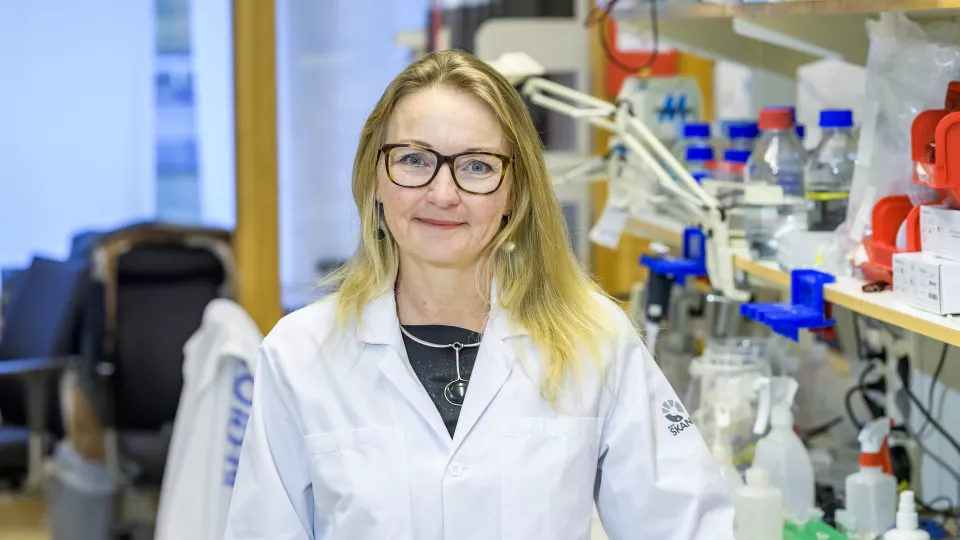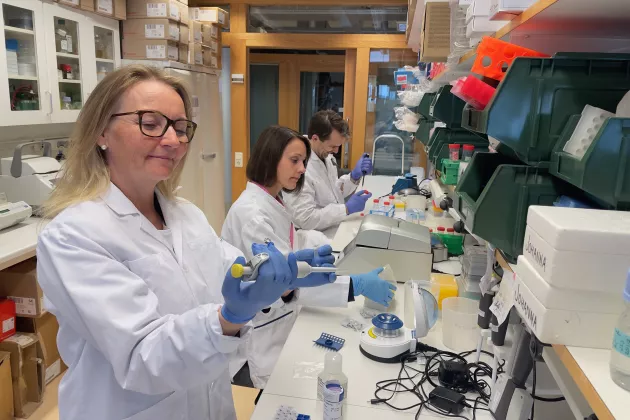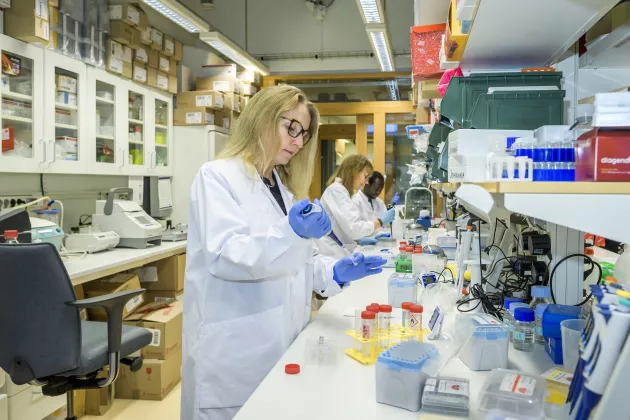In her research, Charlotte Ling predicts which patients with type 2 diabetes are likely to benefit from treatment with metformin, and which should be given another drug. She is now awarded a Proof of Concept Grant by the European Research Council, ERC.
Charlotte Ling is a professor of diabetes research and a pioneer in the research field of epigenetics and diabetes. In 2016, she received an ERC Consolidator Grant of SEK 20 million for her work focusing on the development of new methods for predicting, preventing, and treating type 2 diabetes. A couple of years later, she and her colleagues published new observations in Science Translational Medicine. These observations included the discovery of a combination of epigenetic biomarkers that can, using a blood test, predict which individuals with type 2 diabetes will benefit from the regularly prescribed drug metformin, which of them will not respond to the treatment, and which of them are highly likely to suffer side-effects.
“Thirty percent of those with type 2 diabetes do not respond to treatment with metformin, which is the most common drug used to lower blood sugar. Five to ten percent of them suffer serious side effects in the form of stomach and intestinal problems. So, there is a great need to personalise care by being able to establish early in the treatment process who will be helped by the drug and who should be prescribed other medication. Our study identified blood-borne epigenetic biomarkers that can be used for this,” says Charlotte Ling.
Investigation of the innovation potential
Three population studies formed the basis of this discovery. By measuring DNA methylation markers in the blood cells of participants before they commenced treatment, researchers were able to discover an epigenetic pattern, a combination of biomarkers that showed who responded well and who did not respond to treatment with metformin.
The discovery was patented in 2018, and even if there was interest in the innovation from potential purchasers, the researchers have set their sights on a follow-up study to test the biomarkers in larger cohorts, validating and replicating the results. Charlotte Ling has now received the ERC Proof of Concept Grant to further develop the results of research from 2018 and to investigate the innovation’s potential.
“We wish to optimise the biomarkers and now, in collaboration with researchers in Uppsala, we are conducting a randomised study in which patients receive metformin or SGLT2 inhibitors. Our aim is to develop a test kit that can be used in healthcare in order to find out which patients will benefit from metformin treatment,” says Charlotte Ling.
The extensive work to include at least 500 people in a validation cohort and to complete the randomised study starts now.




